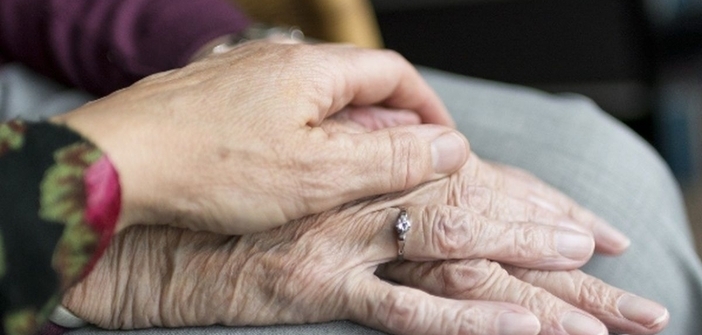Every evening, we are informed of the number of deaths following the COVID-19 pandemic in our country.
While tracking the death curve is obviously useful for monitoring the disease’s progress, there is a form of indifference and inhumanity in this daily tally. Counted deaths appear, both alarming and mundane, amidst the brutality of a media-driven society, reduced to a graph on a logarithmic scale.
We almost forget some obvious truths:
Death is a part of everyday life for all human groups.
French people still most often die from other causes (cardiovascular diseases, cancers, accidents, etc.).
The winter flu, despite the effectiveness of vaccination, causes the death of thousands of our fellow citizens each year.
And above all, the disease evolves favorably in 95 to 99% of cases.
The tens of thousands of deaths that are merely an annual global count are part of these predictable and accepted deaths because they allow room for the will in our life choices. In contrast, death occurring during an epidemic seems to strike blindly and almost unjustly.
*But isn’t death always unjust and blind?*
Death from Covid-19 is also a confined death, unaccompanied by loved ones, neither before nor after the dying: it is a solitary death with an overlooked mourning. It is a numerically public and humanly hidden death.
In the “world after,” we will no longer be given the daily death toll. We will not be freed from our “finiteness” because of it. We will then reconsider the death of each person and perhaps better understand the importance of end-of-life accompaniment and the ability to say “goodbye” once again.


